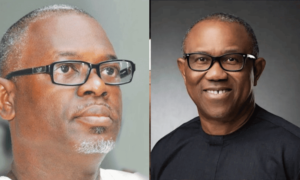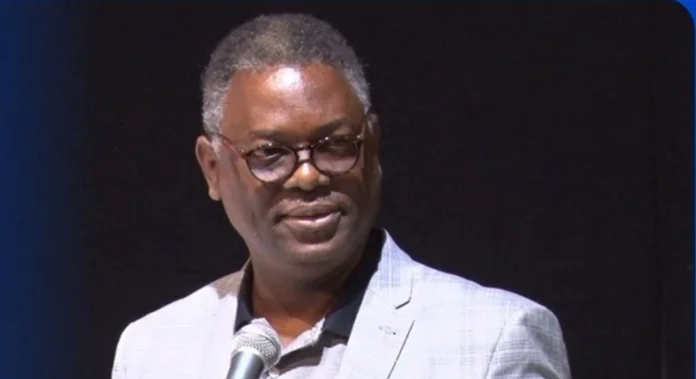The former Director General of the Peter Obi Presidential Campaign Committee and a prominent voice in Nigerian socio-political discourse, Basorun Akin Osuntokun, has voiced his concerns about President Bola Tinubu’s administration. In a recent interview, Osuntokun provided a critical assessment of Tinubu’s leadership and highlighted the challenges Nigeria faces under his presidency.
According to Osuntokun, effective leadership in times of crisis requires empathy and sacrifice, qualities he believes are lacking in Tinubu’s administration. He emphasized the importance of leaders demonstrating discipline and a sense of sacrifice to mobilize public support. Osuntokun noted that Tinubu’s ostentatious displays, such as a convoy of 150 cars, undermine his ability to connect with the populace.

Reflecting on Tinubu’s first year in office, Osuntokun expressed disappointment, noting that the president’s tenure has been marked by a crisis of legitimacy. Despite Tinubu’s legal victory, his political career’s moral and ethical baggage continues to cast a shadow over his presidency. Osuntokun argued that this legitimacy crisis has extended to the Nigerian judiciary and the Independent National Electoral Commission (INEC), which he described as criminalized due to its failure to deliver on its promises.
Osuntokun criticized Tinubu’s economic decisions, particularly the prioritization of luxury expenditures in the face of widespread economic hardship. He questioned the rationale behind allocating significant funds for a new vice-presidential mansion and luxury SUVs for National Assembly members while ordinary Nigerians struggle with rising living costs. This, he argued, reflects a disconnect between the government and the people’s suffering.
Osuntokun discussed the potential of Peter Obi and the Labour Party in addressing Nigeria’s challenges. He emphasized the need for a leader who can mobilize the citizenry through personal discipline and sacrifice. Obi’s approach, he suggested, would involve leading by example and addressing the systemic crisis through constitutional reforms.
Osuntokun asserted that Nigeria’s challenges are systemic and require a holistic approach, including constitutional overhauling and decentralization of power. He argued that the overconcentration of power at the federal level has led to corruption and political instability. Local government autonomy, in his view, further empowers the federal government and undermines true federalism.
Osuntokun criticized Tinubu’s policy decisions, such as the allocation of funds for a coastal highway and the retention of certain public office holders from the previous administration. He argued that these choices reflect poorly on Tinubu’s leadership and do not address the systemic issues plaguing Nigeria.
Akin Osuntokun’s critique of President Tinubu’s administration highlights significant concerns about governance, economic priorities, and systemic issues in Nigeria. His call for constitutional reform and a leadership style that prioritizes empathy and sacrifice reflects a broader desire for fundamental change in the country’s political landscape. As Nigeria grapples with its current challenges, Osuntokun’s insights offer a perspective on the need for holistic solutions and visionary leadership.




